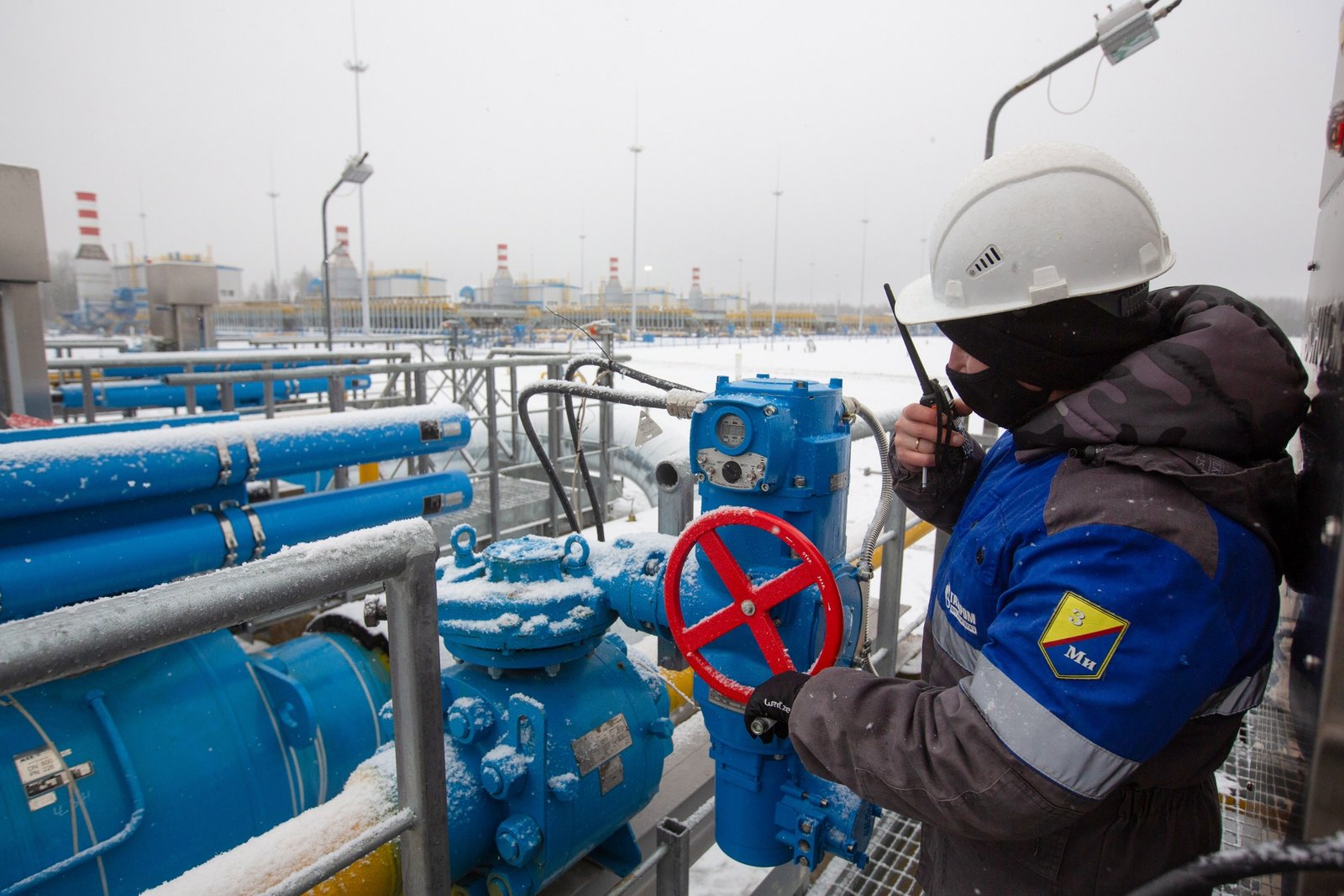The Power of Siberia pipeline, which commenced operations at the end of 2019, has proven to be a crucial conduit for Russia to meet China’s growing energy demands.

Russian state-owned energy giant Gazprom, under the leadership of Alexei Miller, announced that the natural gas exports to China through the Power of Siberia 1 pipeline are set to exceed 22.5 billion cubic meters (bcm) this year. Miller highlighted that this surpasses the contractual obligations of 22 bcm, signaling a robust partnership between the two nations in the energy sector.
The Power of Siberia pipeline, which commenced operations at the end of 2019, has proven to be a crucial conduit for Russia to meet China’s growing energy demands. Miller expressed confidence that the volumes are on track to reach the planned peak of 38 bcm in 2025. This pipeline serves as a pivotal component of Russia’s strategy to diversify its energy exports and strengthen economic ties with China.
Notably, discussions have been ongoing for the construction of the Power of Siberia-2 pipeline, a project that aims to transport 50 billion cubic meters of natural gas annually from Russia’s Yamal region to China via Mongolia. This ambitious endeavor is poised to rival the capacities of the now-idle Nord Stream 1 pipeline, which faced setbacks due to explosions last year in the Baltic Sea.
The urgency of the Power of Siberia-2 project has intensified as Russia seeks to double its gas exports to China, especially in light of the decline in exports to Europe following the onset of the conflict in Ukraine in February 2022. The geopolitical shifts and disruptions in traditional energy routes have prompted Moscow to expedite agreements with Beijing to ensure a stable and strategic energy partnership.
However, despite the momentum, reaching a consensus on key issues, particularly pricing, remains a challenge in the ongoing negotiations. The success of the Power of Siberia-2 project hinges on the resolution of these critical matters, as both nations navigate the complexities of global energy dynamics.
In a diversification move, February 2022 saw Beijing entering into an agreement to purchase gas from Russia’s Far East island of Sakhalin. The gas will be transported via a new pipeline across the Japan Sea to China’s Heilongjiang province, with anticipated supplies of up to 10 bcm per year. Miller confirmed that the commencement of supplies via this route is expected no later than 2027, further solidifying the energy cooperation between the two nations.
This multi-pronged approach reflects Russia’s strategic vision to secure its position in the global energy market, tapping into the vast potential of the Asia-Pacific region. As the world undergoes a transformative shift towards cleaner and more sustainable energy sources, Russia’s emphasis on natural gas exports underscores its commitment to remaining a key player in the evolving energy landscape.
The successful collaboration between Russia and China in the energy sector not only ensures the energy security of both nations but also contributes to the broader geopolitical and economic stability of the region. The Power of Siberia initiatives, coupled with future projects, are poised to shape the trajectory of energy cooperation between Russia and China, with implications reaching far beyond their borders.
Exceeding of Russian natural gas export targets to China via the Power of Siberia 1 pipeline sets the stage for a new chapter in their energy partnership. As discussions continue on the Power of Siberia-2 project and other ventures, the evolving dynamics will undoubtedly influence the global energy landscape in the years to come.